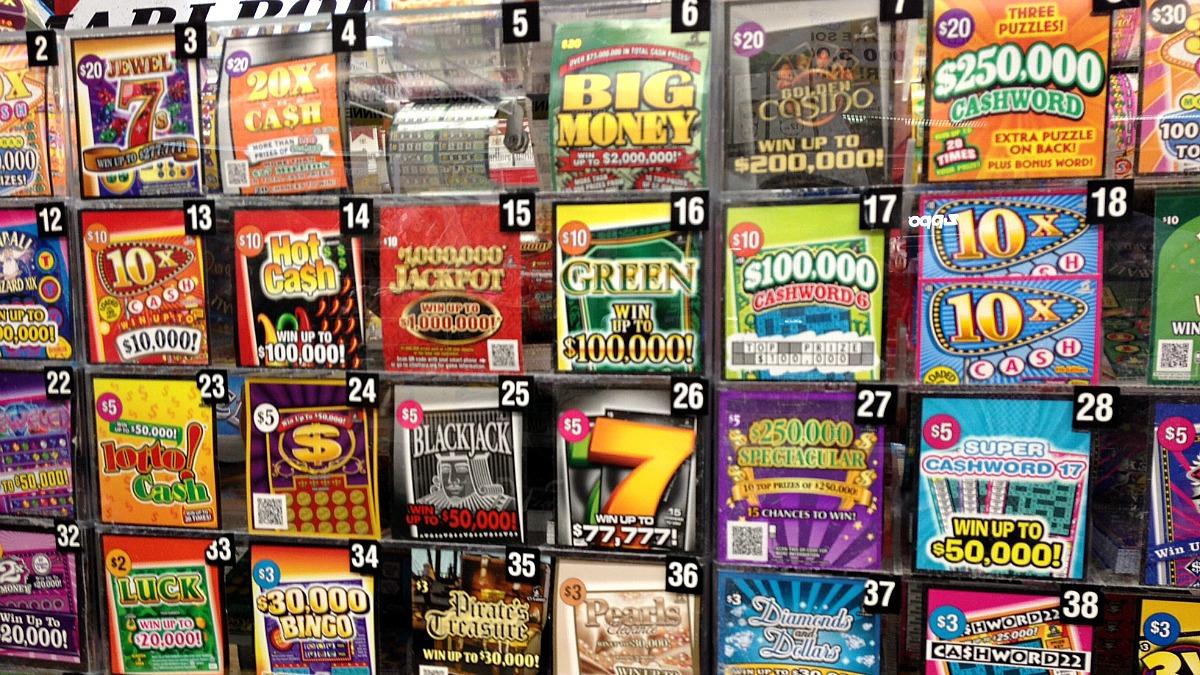In a world where uncertainty reigns supreme, the allure of the lottery stands as a beacon of hope, promising the chance to transcend financial constraints in a single stroke of luck. From the glitzy billboards adorned with smiling winners to the palpable buzz of anticipation as numbers are drawn, the lottery game captivates millions worldwide, transcending borders, cultures, and socioeconomic divides messipoker. Yet, beyond its surface appeal lies a complex interplay of psychology, mathematics, and human aspiration.
At its core, the lottery is a game of probability, where participants wager a nominal sum for the opportunity to win a life-altering jackpot. Despite the slim odds stacked against them, legions of hopefuls defy rationality, driven by the tantalizing prospect of instant wealth. But what fuels this enduring fascination with a game inherently rigged against the player?
Psychologists posit that the allure of the lottery taps into deeply ingrained cognitive biases, such as the availability heuristic and optimism bias. The vivid imagery of lottery winners splashed across media channels creates an illusion of attainability, distorting perceptions of risk and reward. Moreover, the human mind is wired to overestimate the likelihood of positive outcomes while downplaying the probability of failure, a phenomenon exploited by lottery marketing strategies.
However, reducing the lottery phenomenon to mere psychological manipulation overlooks its profound sociocultural dimensions. For many, the lottery represents a symbolic escape from the drudgery of everyday existence, offering a glimmer of hope in the face of adversity. In marginalized communities, where socioeconomic mobility is often constrained, the lottery assumes mythic proportions as a rare pathway to prosperity, albeit one shrouded in uncertainty.
Yet, amidst the fervor of lottery fever, a sobering reality lurks beneath the surface. Studies have shown that lottery participation disproportionately affects low-income individuals, who allocate a significant portion of their earnings towards ticket purchases in a bid to transcend financial hardship. Paradoxically, the lottery, touted as a mechanism for wealth redistribution, exacerbates existing inequalities by siphoning funds from the most vulnerable segments of society.
Moreover, the lottery’s reliance on chance perpetuates a culture of passivity, wherein individuals pin their hopes on external forces rather than actively pursuing meaningful change. Critics argue that the lottery serves as a distraction, diverting attention away from systemic issues such as economic inequality and inadequate social safety nets. In a society where the pursuit of fortune supersedes notions of collective welfare, the lottery emerges as a potent symbol of misplaced priorities.
Nevertheless, amidst the ethical quandaries and statistical improbabilities, the lottery endures as a cultural institution, reflective of humanity’s perennial quest for transcendence. Beyond its economic ramifications, the lottery serves as a canvas upon which dreams are projected and aspirations kindled. In a world characterized by uncertainty, the lottery offers a fleeting glimpse of possibility, however remote it may seem.
Ultimately, the lottery transcends its material trappings to embody something far more profound—an embodiment of human hope, resilience, and the unyielding belief in the transformative power of chance.
